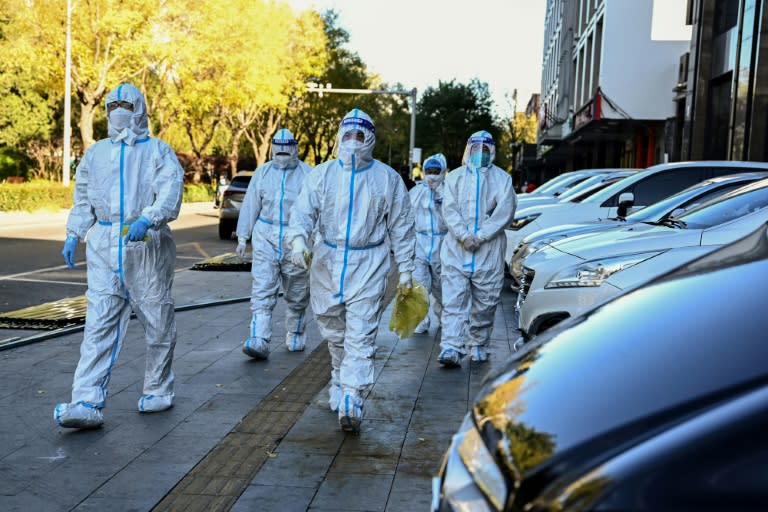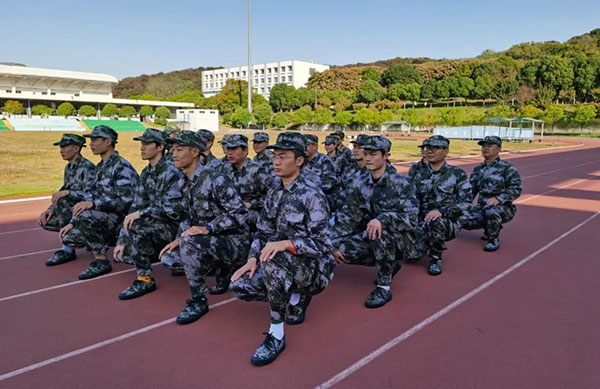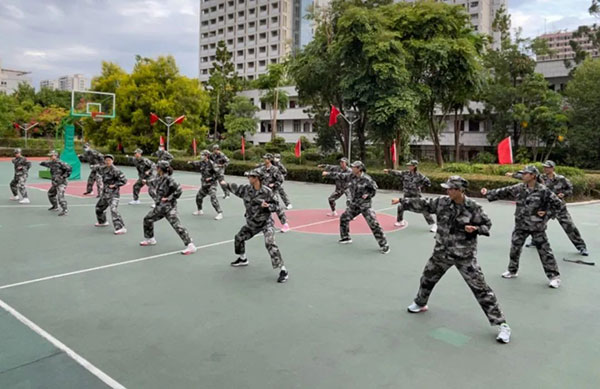Zero-covid claims another victim as Chinese Grand Prix cancelled
With Covid-19 policy in China affecting all kinds of sporting events, James Davis looks at what’s happened so far.

With the BBC reporting that the 2023 Chinese Grand Prix has been cancelled, yet another event is to be cast onto the zero-covid bonfire.
China’s policy, imposed in an attempt to eradicate the disease within its borders, has had wide-ranging effects on society, travel, and business.
Domestic riots, crippled tourism industries, and fleeing foreign workers are key issues, and loss of sporting events is certain to be another.
Where has everyone gone?
Formula 1 has not visited the Shanghai International Circuit since 2019, with pandemic-related cancellations responsible for the loss of the last three editions.
The sport will now not return until at least 2024, the penultimate year of the circuit’s contract.
In athletics, the 2023 World Athletics Relays are postponed until 2025, and the 2020 World Athletics Indoor Championships have had a hat-trick of postponements (also pushed to three years’ time).
Tennis’ ATP Tour cancelled all four scheduled Chinese tournaments this year, while the WTA Tour refused to hold events in the country after the controversy surrounding Peng Shuai.
Casting a wider sporting net, the world tours of badminton, cycling, and snooker have not visited since 2019.
China’s relationship with sport
Sport sitting hand-in-hand with nationalism is not unique to China, but it is at its most inextricable in the East Asian state.
A useful case study, the Chinese Athletics Association’s website is littered with references to implementing the will and guidance of the government, and pictures showing around 300 members of the national athletics team undergoing military training have less of a team-building vibe than a dissident-disappearing one.

A quote attributed to 2022 discus world champion Feng Bin roughly translates: “Development of competitive sports is inseparable from the strong support of the great motherland.”
In a phrase, this is China’s attitude to sport. When Chinese athletes succeed, China succeeds, and when events are successfully held in China, it builds the country’s international reputation.

A conflicted nationalism
China’s conundrum is brought to a fine point when the desire for nation-building through hosting sport clashes with zero-covid policy.
Tournaments bring athletes, officials, coaches, and ideally fans, all potential carriers, and so like any other visitors, quarantine is imposed.
For international sportspeople, whose passports have scarcely an unblotted page, the lack of appeal is evident, even if seven days in isolation have been reduced to five.
What highly active athlete, potentially in peak fitness, is willing to spend nearly a week confined to a single room for an event that is most likely not the highlight of their season?
Zero-covid, intended to be a source of national pride as other nations take a more ‘laissez-faire‘ approach, is simply incompatible with the global sporting calendar.
A rock and a hard place
After making its zero-covid bed, China is now attempting to lie under a flimsy duvet, on the thinnest of sheets.
A refusal to import Western mRNA vaccines has left a significant proportion of the population without strong protection from the disease, as vaccination rates in the elderly lag behind younger generations.
Abandoning the policy now could have massive implications for China, with even a well-worked exit potentially seeing 140,000 deaths.
Will the last one out please turn off the lights
For organisers, any event organised in China is now fraught with uncertainty.
Formula 1 will not travel to China in 2023, and it will not be alone.
Whilst the hulking container ship that was the 2022 Winter Olympics was simply too large to turn around, smaller vessels are now stopping well short of Chinese shores, turning back to countries that have, by and large, provided consistency over the past 18 months.
In this way, nationalism becomes isolationism. A Beijing Marathon that saw relatively strong international fields in 2019 becomes a slower (and infinitely less interesting) domestic event on its 2022 return.
For a people who were already constantly under surveillance, whilst zero-covid may not feel novel, cracks are beginning to show, with growth stifled and rising discontent.
What happens when an unstoppable groundswell of zero-covid resistance meets the immovable Chinese Communist Party remains to be seen.
Read more: Dan Evans’ World Cup column: Conflicting feelings on the day of the underdog